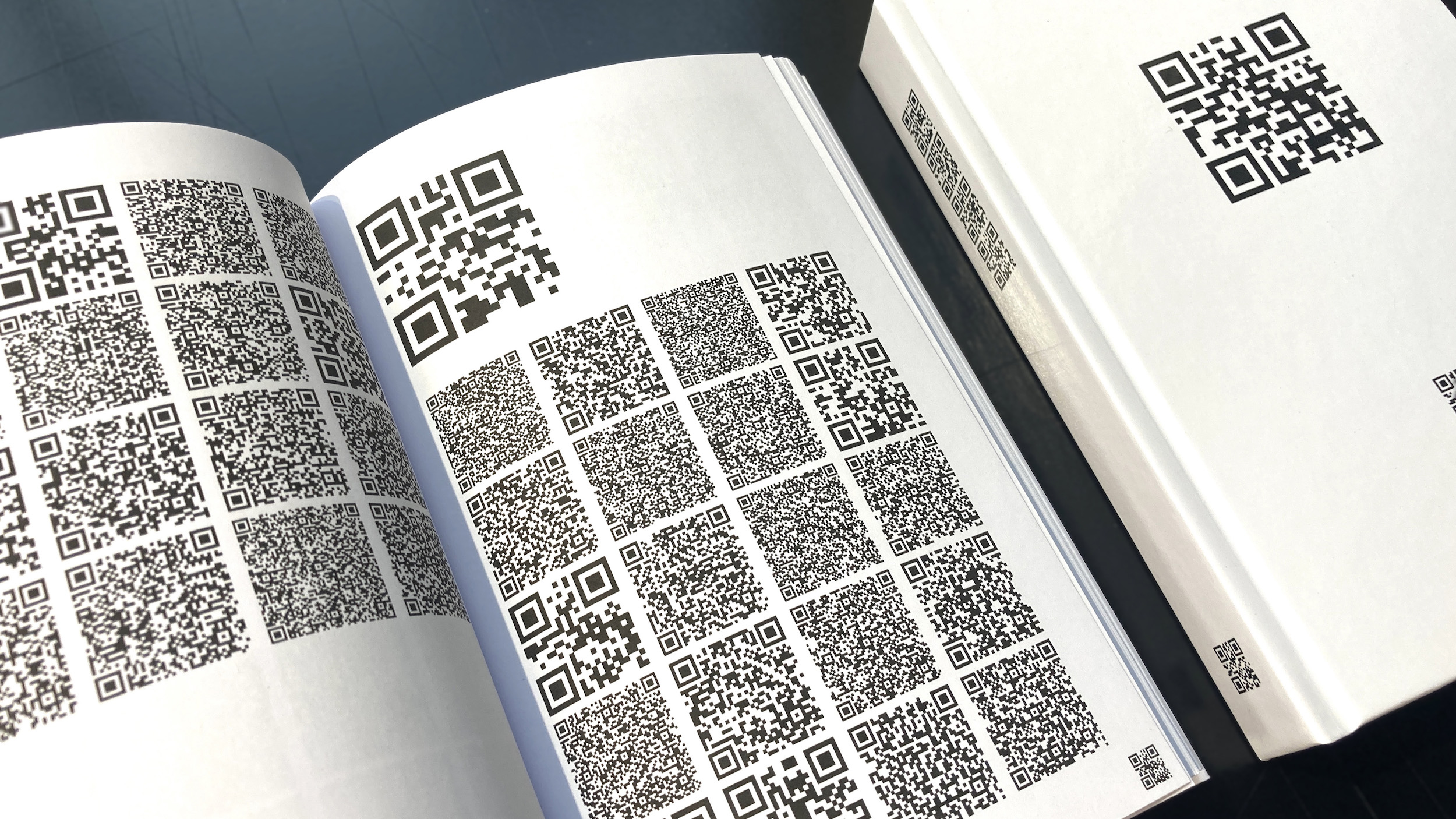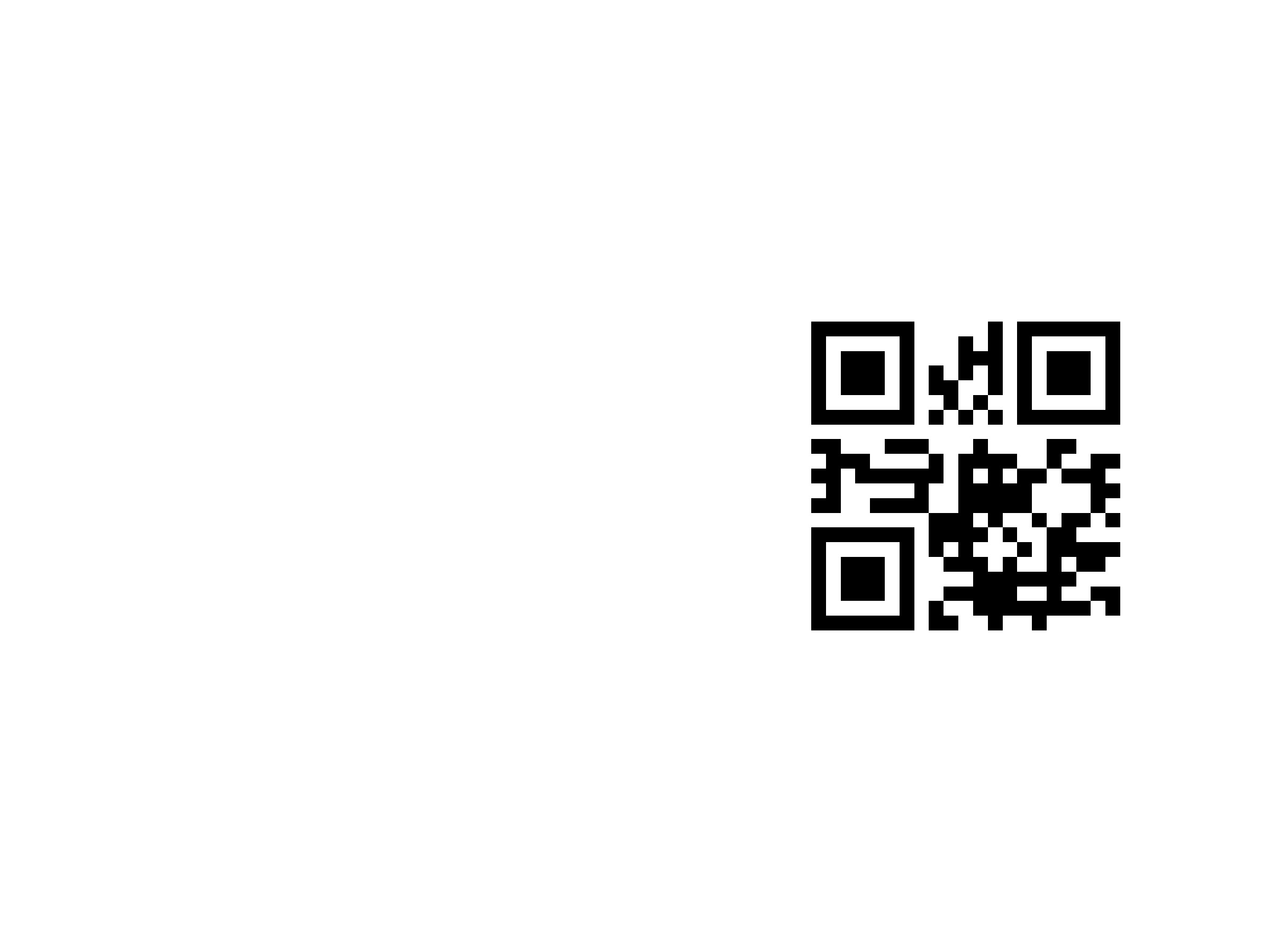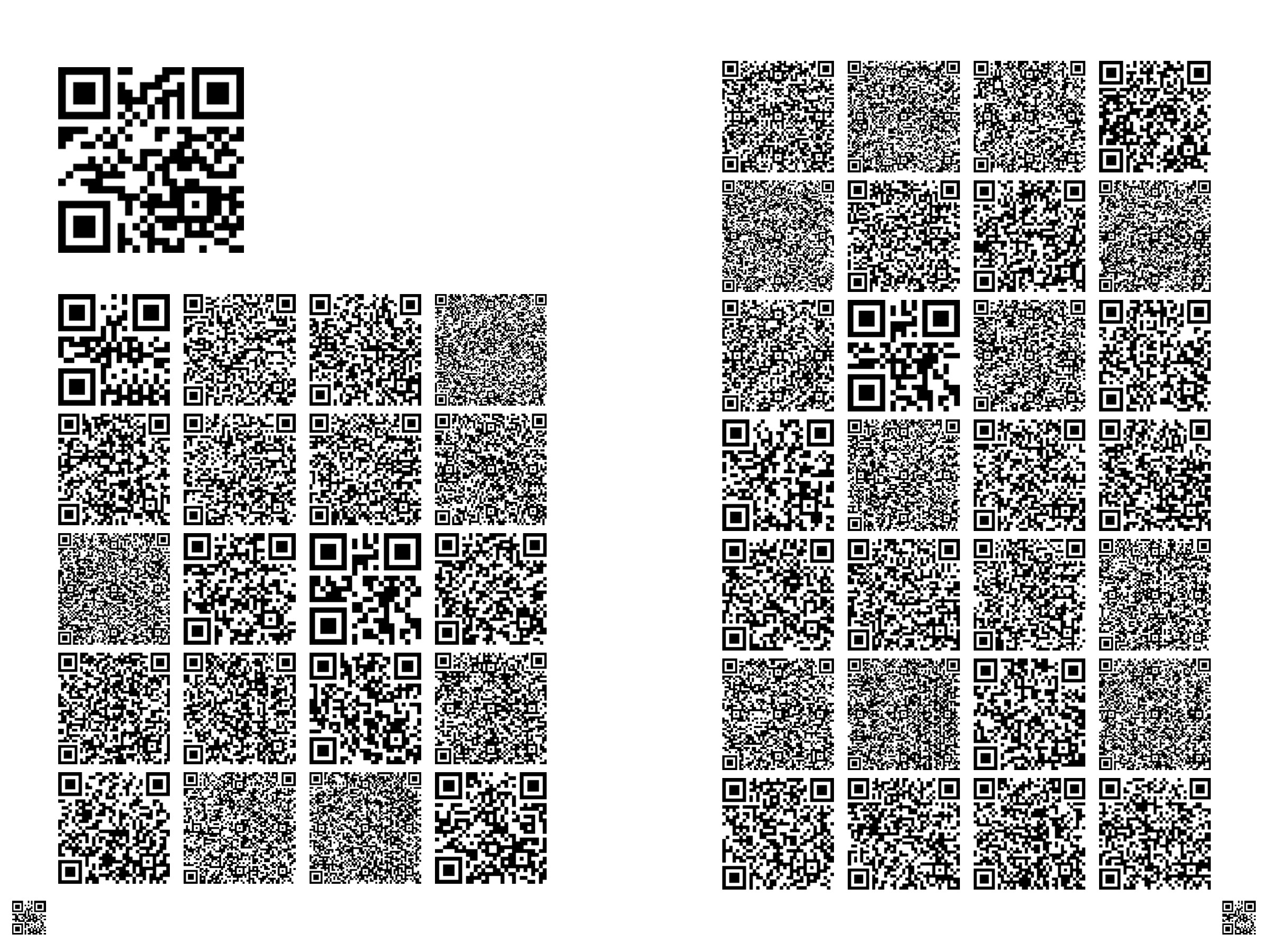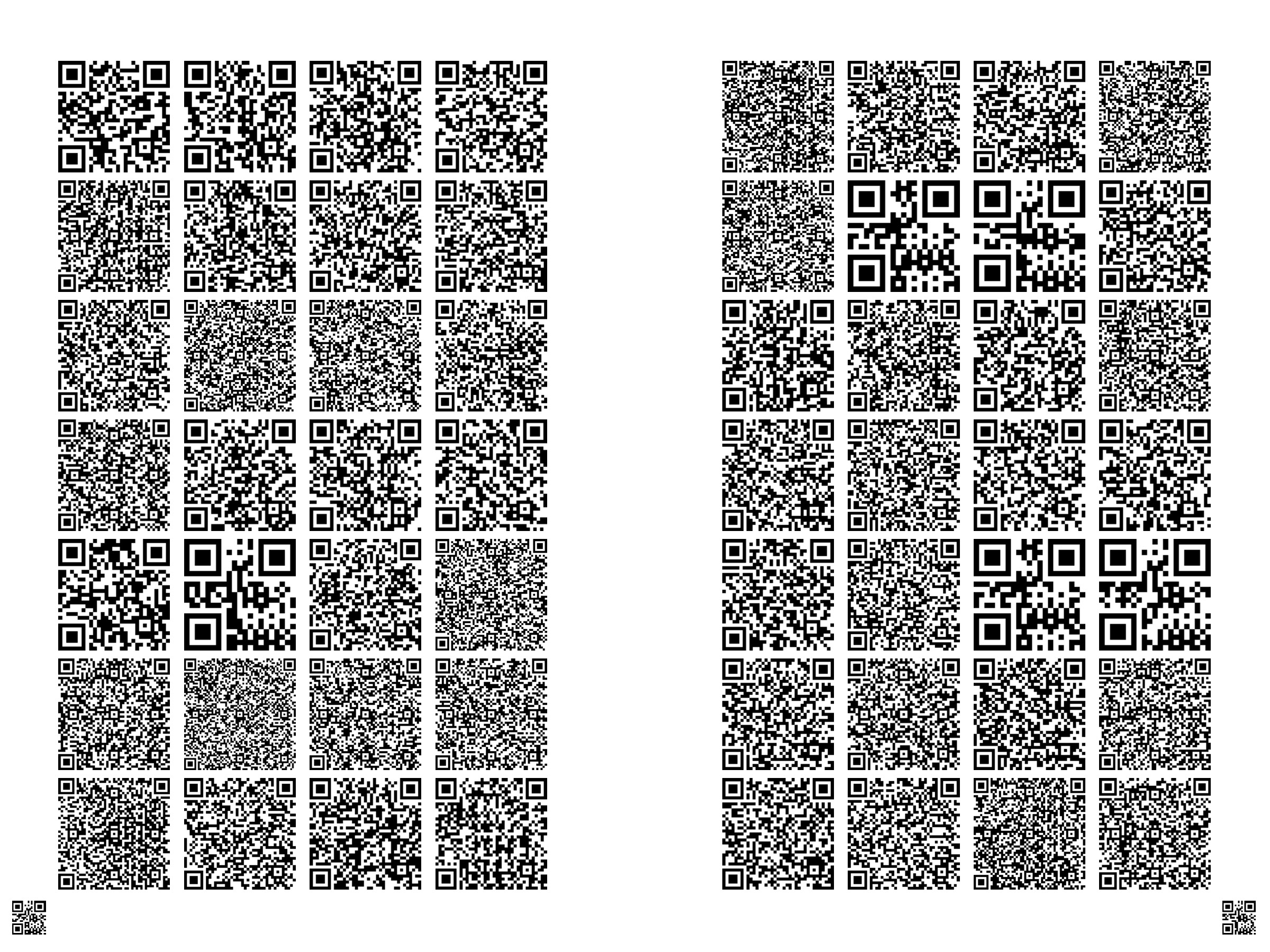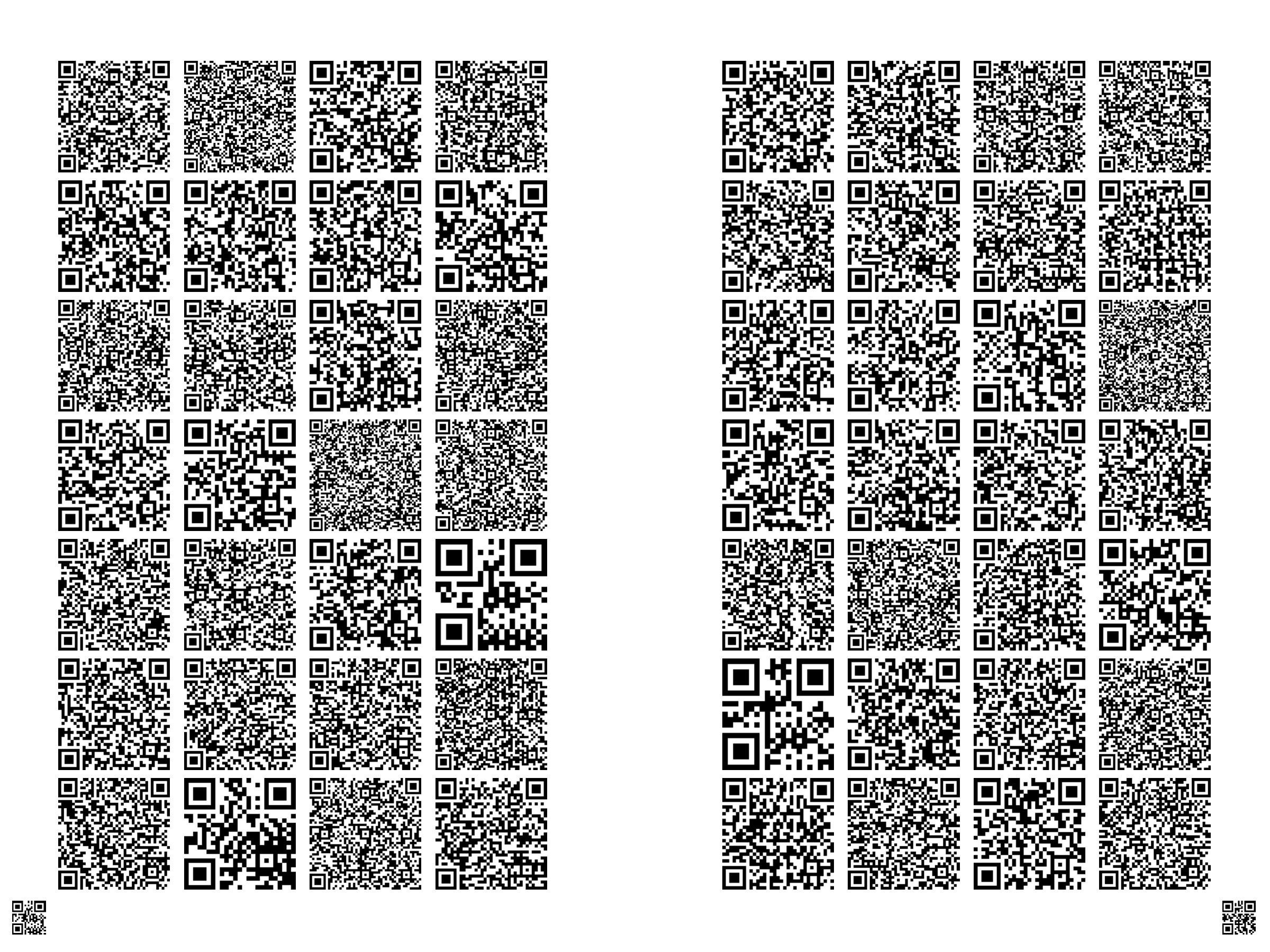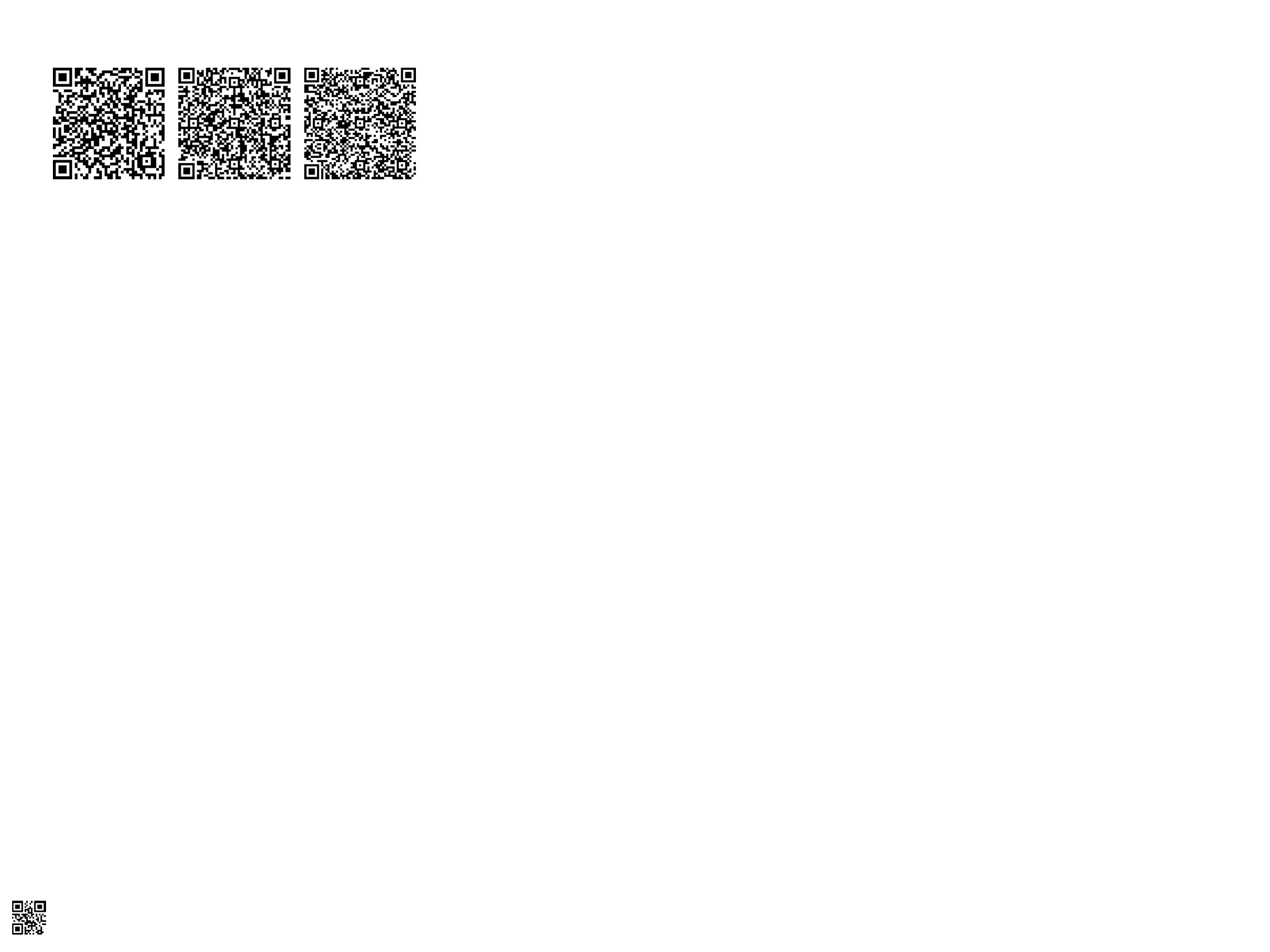Science fiction has given us images of cartoonish looking humanoid robots sitting quietly on the floor skimming through books. Today, research is being done on AI decision making using books as the source material. AI is feed stories and programmed to find value alignment using the ways problems were solved in the books. Value alignment, judging whether something is socially right or wrong, for AI is critically important for AIs making quick decisions in the real world.
With this work, I wanted to, in a sense, prepare for that moment when robots are incorporated in our lives and making decisions by making a book that is written in a language that needs a computer to be read. This brought up a number of questions about leisure, efficiency, and how humans learn from books, and what each would mean for a robot of the future. I don't think it's too early to start thinking about how we treat robots and how they are brought into our society and what sorts of independence and comforts they are given.
I took public domain texts and converted them into an array of QR codes to be composed into a book. For this first edition I picked Frankenstein by Mary Shelly, The Policeman's Beard is Half Constructed by Racter, and Thus Spake Zarathustra by Friedrich Nietzsche. I experimented with several ways of presenting the QR codes and settled on a style that was efficient, usable, and visually interesting. To fully express the sentiment of the piece I had the book printed, unreadable by anyone without the aid of a computer but maybe readable by some future robot.



